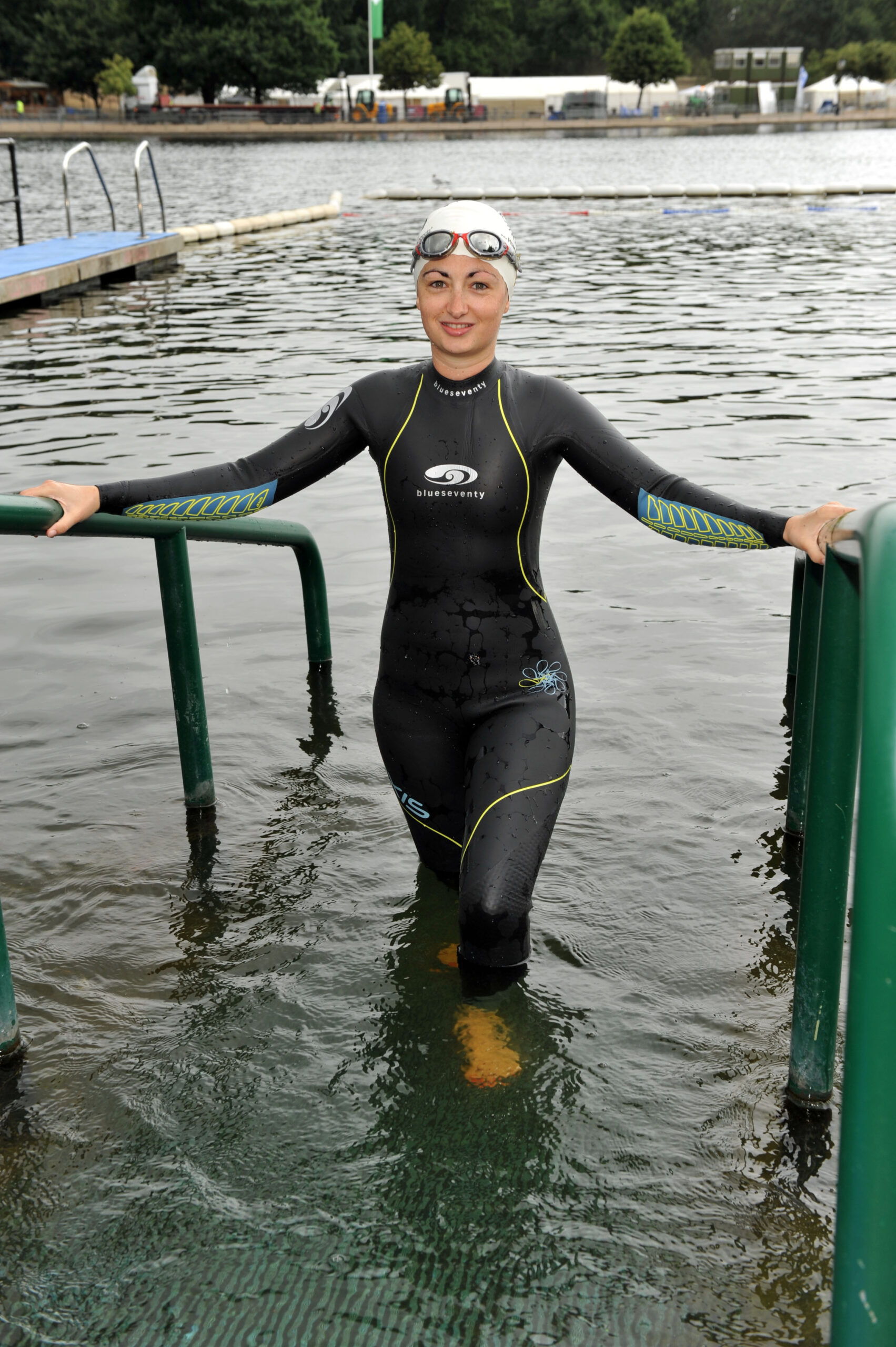There are few more divisive issues in triathlon, but it's time for ‘team orders’ – or ‘team delivery’ (as British Triathlon prefers to term it) – to be jettisoned. Why? Because while the role of the pilot (formerly domestique) may on occasion prove helpful, it’s more often ineffective, confusing and even detrimental to performance.
The latest high profile example is the ITU World Series race in Leeds last Sunday, an event that could well be the biggest showcase for triathlon in this country until Tokyo 2020. The women raced first and as Jess Learmonth led the swim the excitement mounted. Given her results this season (a win, two seconds, and eighth in the World Series race in Japan), the Leeds local is Team GB’s form triathlete.
She emerged first from the water in Roundhay Park, powered clear up the hill on the bike... and then – after passing a British Triathlon official – all but stopped so abruptly that not even the commentators noticed. The reason she'd dropped behind the front pack was to offer assistance to team-mate Non Stanford. But it was folly.
Stanford, the 2013 world champion and fourth in the Rio Olympics, was 58secs behind out from the swim, and despite Learmonth’s best efforts on the bike lost another 1:39mins to the leaders coming into T2. The race was done.
The irony here is two-fold. Firstly, we’d been here before. Last year in Leeds, Learmonth and fellow wonder-swimmer Lucy Hall were clear with Flora Duffy on the bike, but dithered, unsure over a team directive to help team GB’s faster runners in the chase group, and the fast-running American Gwen Jorgensen took full advantage.
Secondly, Learmonth, ran not only better than Stanford this year, but a full minute faster than Italy’s third-place finisher, Alice Betto. She still achieved a career-high World Series finish of sixth, but had she just put her head down and gone for it, she’d likely have been on the podium.
In mitigation, British Triathlon concede that Stanford has been unwell but gambled she’d pull through with the home crowd support. Conversely, Learmonth had not run for three weeks with a knee niggle, and is still a relative novice as despite being 29 years old, she only competed in her first triathlon five years ago.
The reality is that the team delivery instructions, discussed with the performance staff and senior British triathletes, ultimately befuddled Learmonth’s thinking on the course, and when a BTF steward told her her time split she made the wrong call.
Team delivery has worked in the past for Team GB. It worked to help Gordon Benson win the European Games in 2015 and India Lee in last year’s European championship. But those races played out in front of tiny audiences. Leeds had four hours of BBC coverage and tens of thousands watching in Leeds city centre so the real shame is not just a missed opportunity for Learmonth but that the sport was robbed of a barnstorming showcase for our British women.
For that Sunday evening entertainment, it was, once again, over to the Brownlees.
